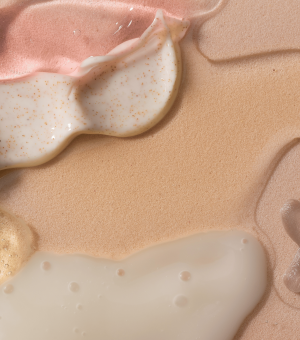Thursday, October 24, 2024
Avoiding harmful skincare ingredients
Dr Marc-André Doré
Navigating the world of skincare can be overwhelming, with countless products promising radiant, youthful skin. How to know what to avoid is essential for maintaining healthy skin and preventing potential problems.
In this post, we’ll highlight some common skincare ingredients you should steer clear of, especially if you have sensitive or problematic skin.





